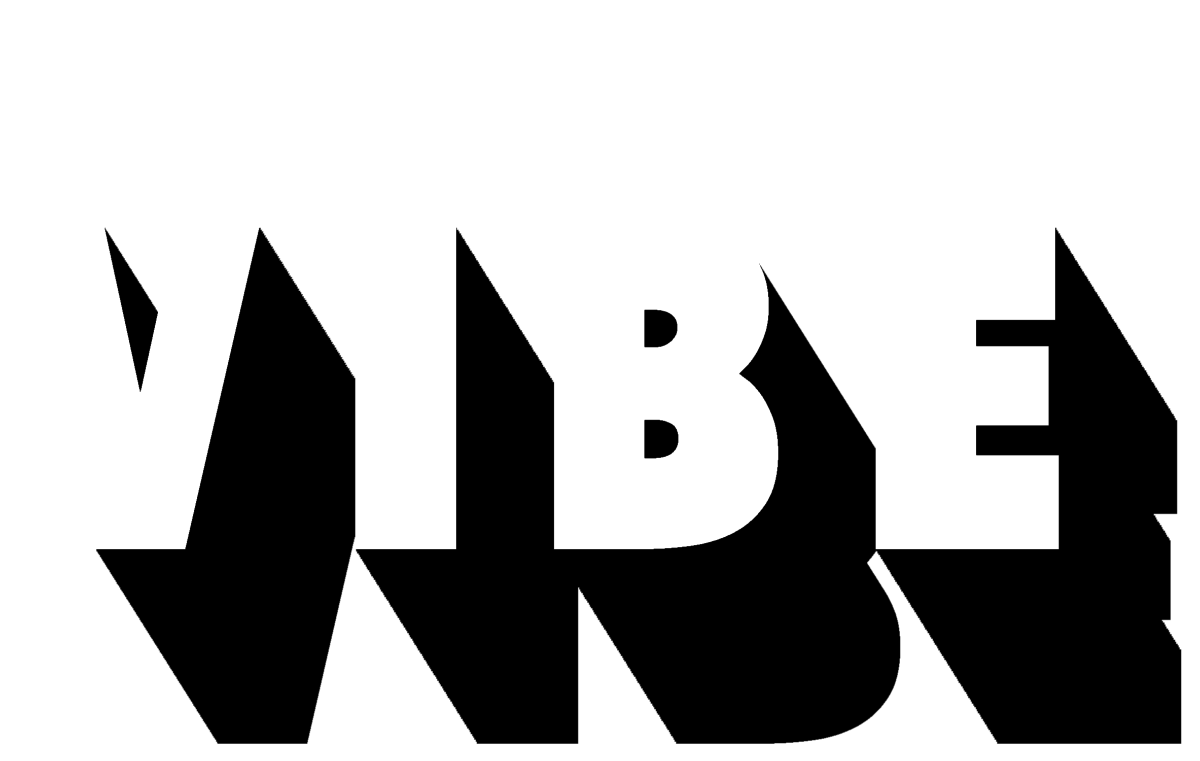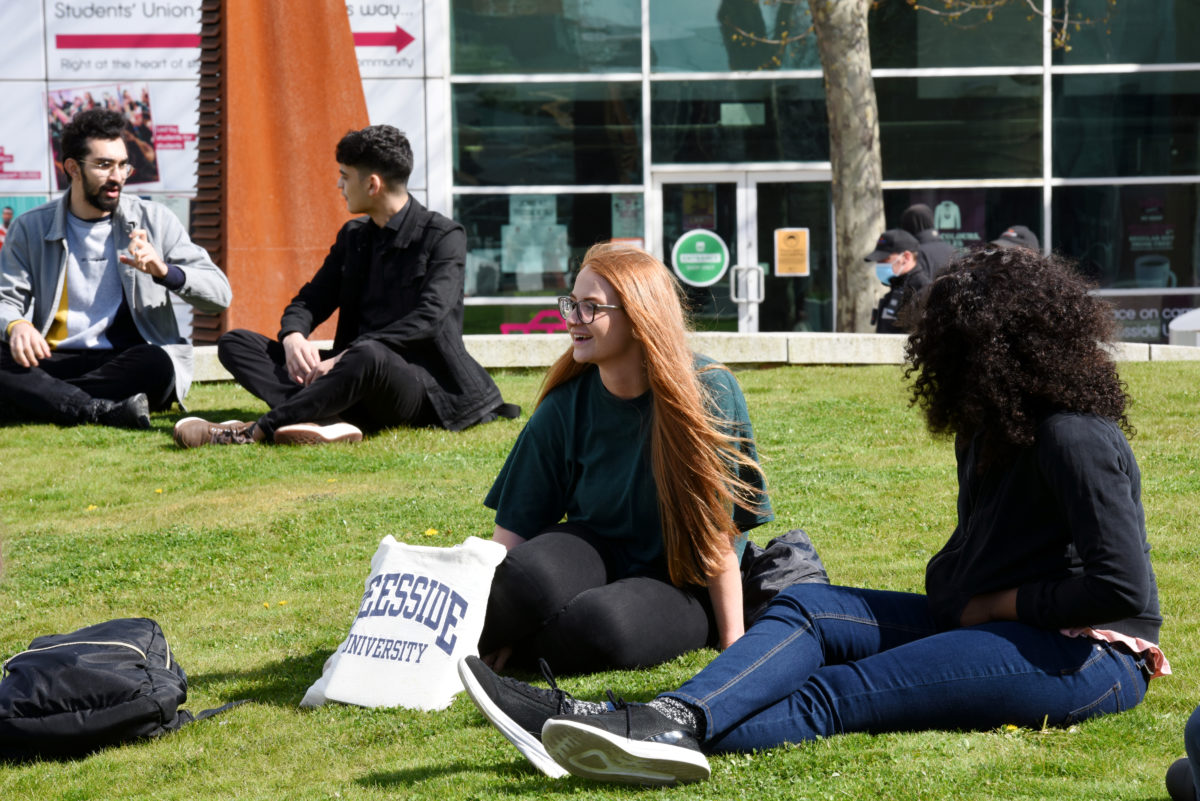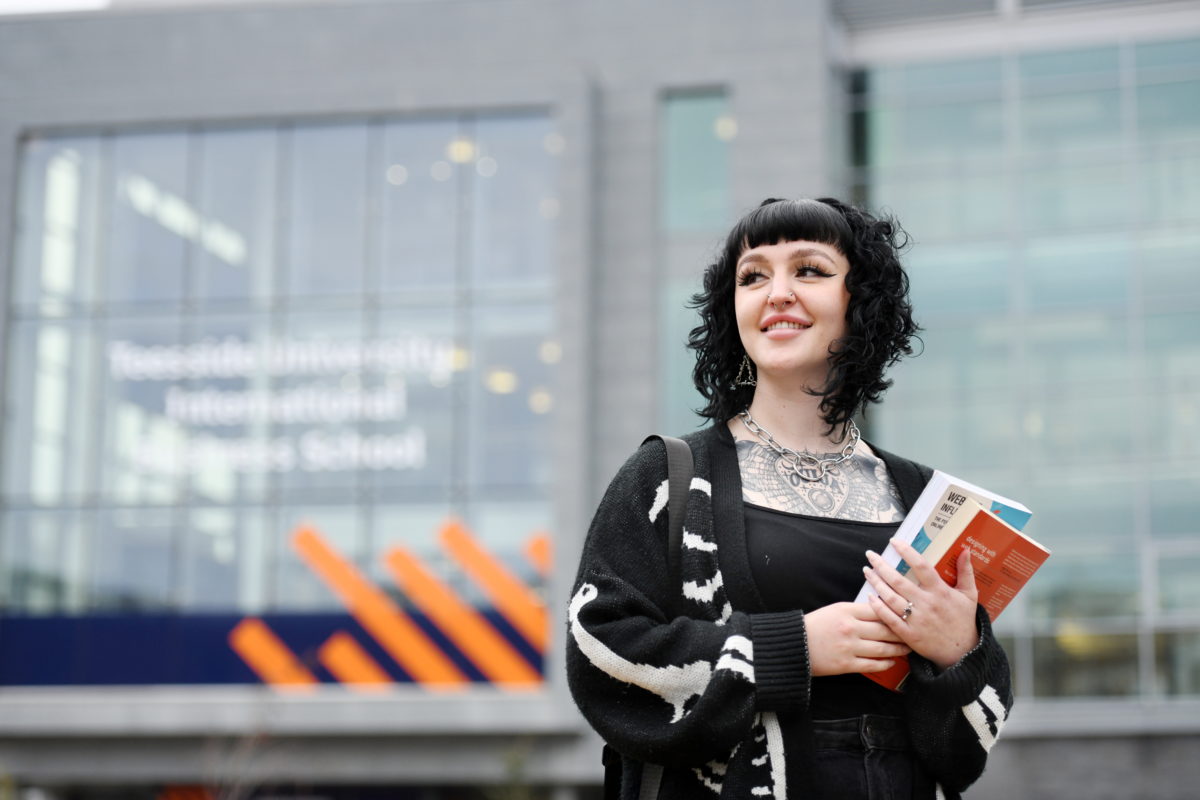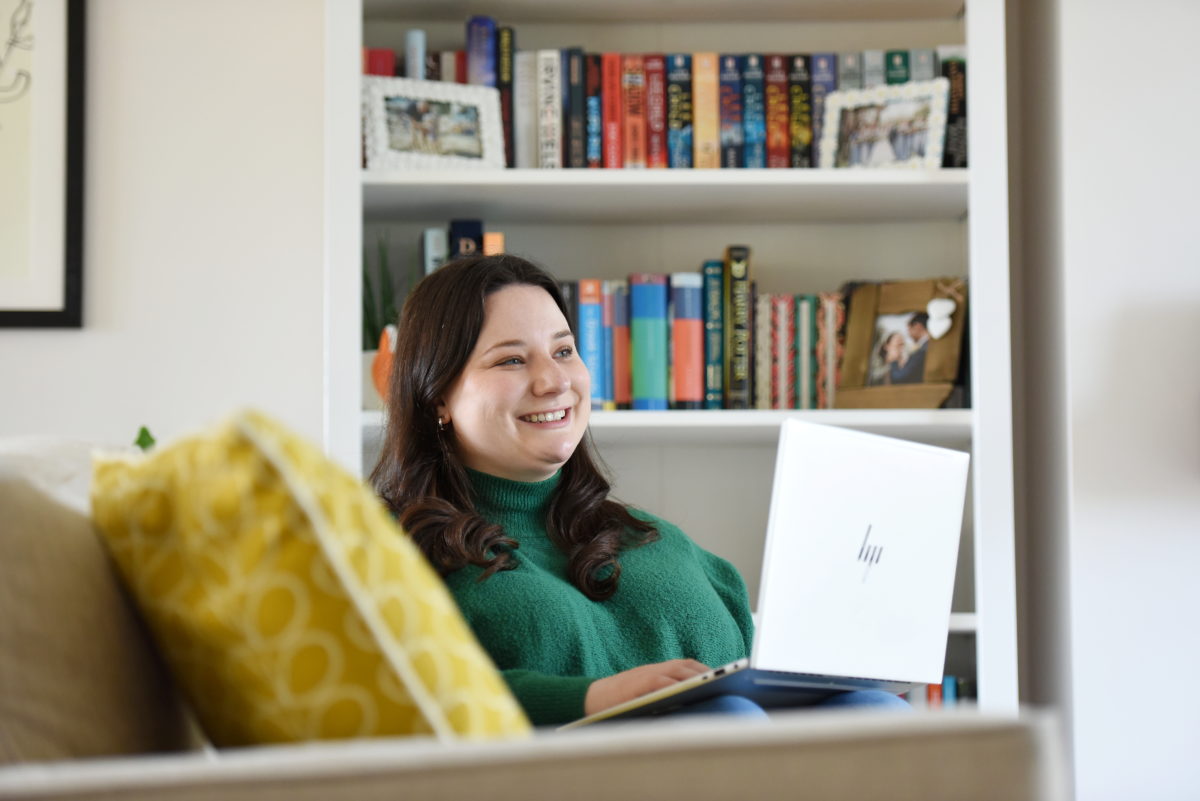“What do you want to do when you leave school/college?” How many times have you heard someone say this phrase, or something similar in the last few years? Most people have an answer up their sleeve, rehearsed to perfection. It’s often an answer that we come up with during school and might not change because, let’s face it, asking ourselves that big question is pretty scary.
This year has thrown us all a few curveballs and it’s no surprise that you might be reconsidering what it is you want to study and where you want to go. The hardest part is often recognising that changing your mind might be the best decision you can make.
The UCAS application process provides us with deadlines to meet, a date in the calendar where you need to decide by. But what many people don’t know is that UCAS also provides us with a couple of handy opportunities to change our minds.
Extra – available from around February, UCAS Extra allows you to unlock an extra 6th slot on your UCAS form if you have used all 5 spaces and are not holding an offer. It’s great for people who have completely changed their minds about the course they want to take or the university that they want to go to.
Clearing – Available during the summer, Clearing allows students who are not holding an offer to add a Clearing choice to their application. You can shop around for the best offer and many universities run Clearing helplines and events online to help you to find the right course that has availability.
Adjustment – If you do better than expected, specifically if your grades are higher than those required for your Firm choice, then you will be eligible for UCAS Adjustment. Essentially Adjustment is similar to Clearing, but the idea is that you are upgrading your firm choice while still holding onto that place.
There are other ways to change direction after you complete a degree too. You can study for a Masters in another subject, you can do a graduate training scheme in a seemingly unrelated job role, you could even set up your own business.
With results day approaching, if you aren’t sure or you are thinking about changing your mind about your subject then talk about it, with friends, family, someone from school/college or the staff at the university you want to go to.
Navigating Clearing
Over the last few years, there have been more and more people using the Clearing process to gain a place at a university. Whether you didn’t get the results you have been hoping for, or you have had a change of heart about what, and or where, you want to study Clearing is the ideal opportunity for you to secure your place at university.
For whatever reason you are using Clearing, here are a few tips to make the process run as smoothly as possible:
Start looking for places now. You can search for Clearing vacancies on the UCAS and uni websites before results day. You might be able to contact the university in advance and visit the campus.
Log in to UCAS. You will need to log into your UCAS account to get your Clearing ID number which you need to quote to universities. If you can’t remember your UCAS login details this can be really stressful, so log in a couple of days before to make sure that the process will be easier. Jot down your important information including the proper name of your qualifications and your UCAS ID number, as you might need this when talking to universities.
Take notes. Either on your phone or the old-fashioned way with pen and paper, start taking note of the universities that you are interested in and jot down their Clearing telephone number. Find out what time universities will start taking calls.
Prepare an alternative personal statement (if you are changing course). Not all universities ask for this if you go through Clearing, but some do if the course you want to do is completely different from the one you initially applied for. Save yourself some stress and write a statement before results day if you know that you are going to try to do something totally different.
Check out the accommodation. Accommodation fills up fast during Clearing so it’s good to know which accommodation suits you. Write a list putting all accommodation in your order of preference, you might end up in one of your backup choices if your first choice is full.
Start contacting universities early. The phrase ‘the early bird catches the worm’ has never been truer; universities will be open early on results day for calls so it is important to be strategic and contact them as soon as you can to secure your place before they run out of spaces.
By Alice Atkinson.




